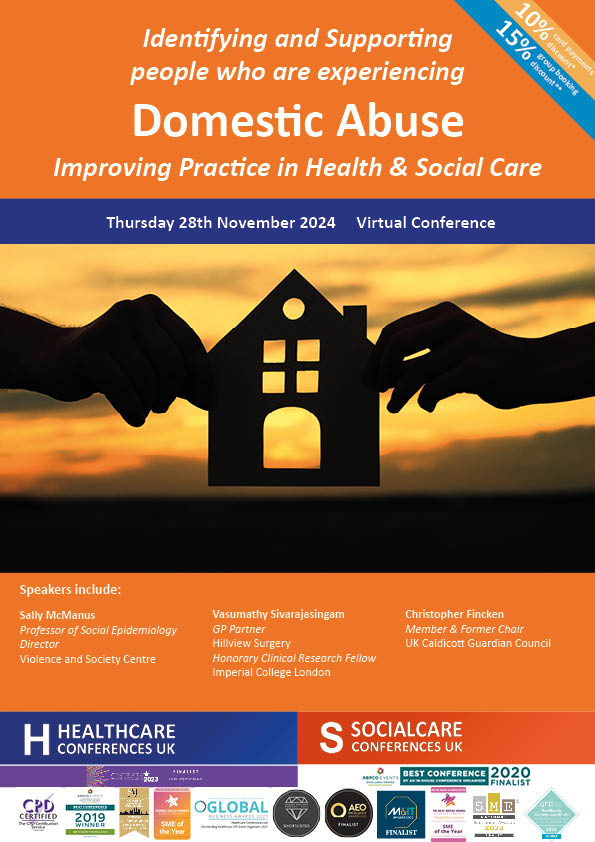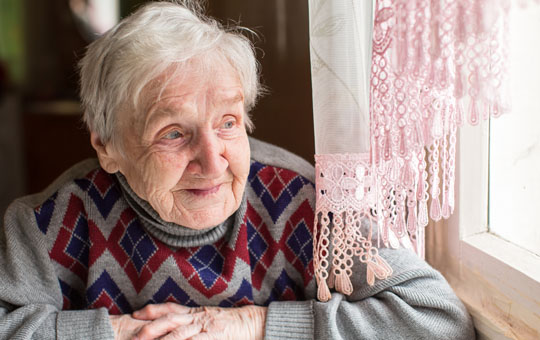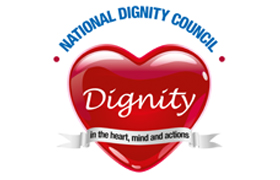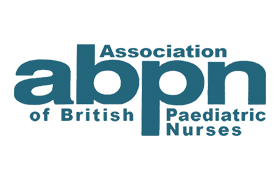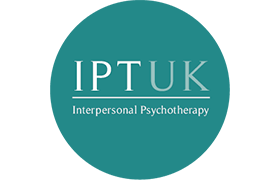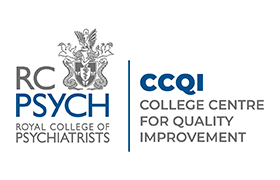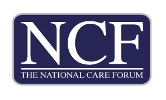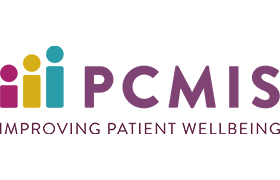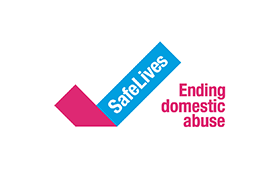Follow the conference on X #DomesticAbuse2024
It is reported that 2.1 million people aged 16 years and over experienced domestic abuse in the year ending March 2023. Health and social care professionals will often be the first point of contact, it is therefore essential to understand and implement best practice responses. This conference will support you to reflect and learn from experts in tackling domestic violence in health and social care settings, including hearing directly from the lived experience of a domestic violence survivor.
This conference will equip you with effective communication and intervention strategies, from screening patients to multiagency referrals and beyond. You will learn from the latest guidance and join group discussions between health and social care providers, MARAC members, trainers and safeguarding consultants. The conference will support you to develop your skills and confidence in your ability to make a difference in the lives of people experiencing domestic abuse.
“Health and Education must be key system partners in the response to domestic abuse as both can intervene sooner, identify ‘seldom seen’ victims and survivors, and support their recovery. Both bear the costs of domestic abuse and must play an active role in the solution.”
SafeLives’ priorities for the domestic abuse response 2024
“Domestic abuse is a cruel and complex crime that can affect anyone, leaving physical and emotional scars that can last a lifetime. While there has been a welcome gradual fall in the incidence of domestic abuse in recent years, there are still some 2.4 million victims a year (aged 16 to 74), the majority of whom are women. Far too many individuals have their lives destroyed by abuse. We need to build a society that has zero tolerance towards domestic abuse and actively empowers victims, communities and professionals to confront and challenge it and to provide victims with the support they deserve.”
The Home Office and Ministry of Justice
This conference will enable you to:
Network with colleagues who are working to improve the recognition and response to domestic abuse
Establish comprehensive health practice in relation to domestic abuse
Reflect on the challenges within the clinical setting and what it takes to implement best practice
Update your knowledge on national developments and learning including the practical implications of the upcoming Victims and Prisoners Bill
Learn from outstanding practice in identifying people experiencing domestic abuse
Implement effective first response procedures and practice
Develop effective practice on how to ask about abuse, respond to disclosures from patients, refer and signpost victims of domestic abuse and share best practice approaches of responding to domestic abuse
Understand and develop the role of the IDVA in hospital
Recognise the need for new and updated guidelines for screening domestic abuse
Learn from the lived experience of a domestic violence survivor
Develop your skills in supporting victims of domestic abuse including children who have witnessed domestic abuse
Understand how you can improve information sharing around domestic abuse
Self assess and reflect on your own practice
Supports CPD professional development and acts as revalidation evidence. This course provides 5 Hrs training for CPD subject to peer group approval for revalidation purposes


